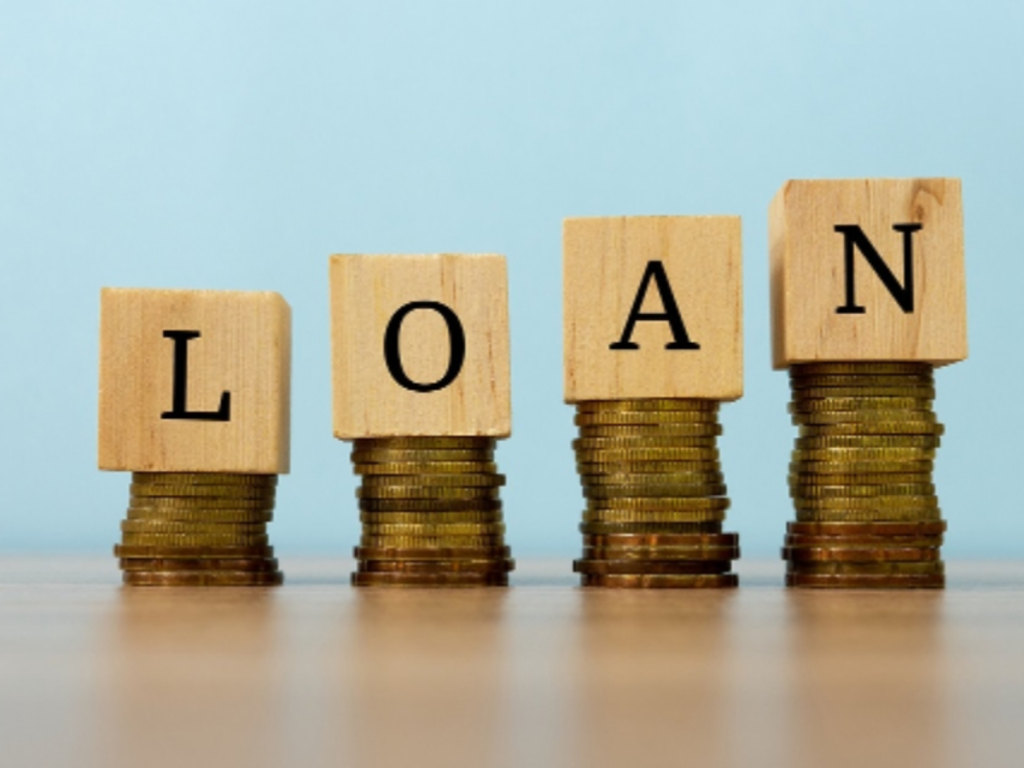Introduction
Thus, with multiple creditors, varying interest rates, and multiple payment schedules, it becomes a real uphill task for any person. This is where a debt consolidation loan can help you simplify your payments, reduce your stress, and even save money. In this all-inclusive guide, we will explore how debt consolidation loans work, its benefits, and the steps you can take to see whether this financial strategy is the right way for you.
What Is a Consolidation Loan?
A consolidation loan is a type of personal loan intended for the purpose of consolidating other debts into one loan payment. It is used to pay off all kinds of debt-for example, credit card balances, medical bills, payday loans, and other personal loans with high interest rates.
The very funds a debt consolidation loan gives you may be used immediately toward the repayment of outstanding debts you may have at hand. Say goodbye to checking various due dates and juggling payments. Typically, you’re only going to pay one, at a smaller interest rate from previous collections.
How do debt consolidation loans work?
A debt consolidation loan works by consolidating several debts into one loan. Here’s a step-by-step explanation of how they work in general:
- Application: You apply for a debt consolidation loan from a lender, such as a bank, credit union, or online lender.
- Approval: The lender reviews your financial profile, including your income, credit score, and existing debt obligations, to determine if you qualify.
- Funding: Once it’s approved, the lender gives you the loan amount, and you’ll pay off your existing debts with it.
- Repayment: You repay the new loan in fixed monthly installments for an agreed-upon term in years, usually few up to several.
Debt Consolidation Loans Advantages
Debt consolidation loans have various benefits that can make them a good option for those who want to simplify their finances and reduce the burden of debt. Some of the key benefits include:
1. Simplified Payments
Managing multiple debts is cumbersome, especially when they have different due dates and payment methods. Consolidation reduces the hassle of dealing with all those debts because all your debts are combined into one monthly payment, making it easier to keep track.
2. Lower Interest Rates
Most debt consolidation loans come with interest rates much lower than that of credit cards and other interest-bearing debts. A low rate means your payment is going to pay off more of the principal balance, which will get you out of debt much sooner.
3. Savings Potential
You can save over the life of a loan by getting a loan with a lower interest rate. This can be extremely useful if you’re trying to consolidate debt from high-interest credit cards.
4. Improved Credit Score
Paying off multiple debts with a consolidation loan can positively impact your credit score. It reduces your credit utilization ratio—the percentage of available credit you’re using—which is a key factor in credit scoring.
5. Stress Reduction
The emotional toll of managing debt can be significant. Consolidating your debts into one loan can reduce the stress and anxiety associated with juggling multiple payments and creditors.
Who to Consider a Consolidation Loan For?
Debt consolidation loans may not be in the best position for everyone but are highly necessary for specific positions. You will consider a consolidation loan if any of the following have been the cases:
- More than one bad debt with excessively high interest
- It gets complicated to balance and keep record of several accounts
- Fair or good credit score to offer an affordable and competitive interest rate.
- You have a stable income and can commit to a fixed monthly payment.
However, if you are facing too much debt that you cannot pay, or your credit score is too low to qualify for a competitive rate, other options like credit counseling or a debt management plan may be better suited.
How to Apply for a Debt Consolidation Loan
If you have decided that a debt consolidation loan is the right choice for you, follow these steps to get started:
1. Assess Your Debts
Make a list of all your debts, including balances, interest rates, and monthly payments. This will help you determine the total amount you need to consolidate and compare it with potential loan offers.
2. Research Lenders
Shop around to find a lender that offers favorable terms. Consider banks, credit unions, and online lenders, and look for competitive interest rates, low fees, and flexible repayment options.
3. Check Your Credit Score
Your credit score plays a crucial role in determining the interest rate and loan terms you’ll qualify for. Check your score in advance and address any errors on your credit report to improve your chances of securing a better rate.
4. Compare Loan Offers
Now that you have shortlisted potential lenders, request quotes from them and compare their terms. Make sure to look at the APR, the term for repaying the loan, and any fees attached.
5. Apply for the Loan
Attach all necessary documents to your application, including proof of income, employment, and identification. The lender will then review your application and notify you if you are approved.
6. Pay Off Debts Using the Loan
Once you obtain the loan money, use them to pay for all your existing loans in full. You should avoid taking new debts through the already cleared credit lines.
Debt Consolidation Success Tips
The following tips can help make your debt consolidation loan more effective.
- Adhere to Budgeting: Create a practical budget in handling your expense accounts and to not fall again into debt.
- Do Not Create New Debt: Avoid taking on new credit lines after consolidating your debt.
- Pay on Time: Pay the monthly loan on time to avoid late fees and prevent damaging your credit.
- Refinance: Refinance if you qualify for even better terms later on to save even more.
Alternatives to Consolidation Loans
While debt consolidation loans are a popular choice, they are not the only option. Other strategies for managing debt include:
- Balance Transfer Credit Cards: Transfer your credit card balances to a card with a 0% introductory APR to save on interest.
- Debt Management Plans: Work with a credit counseling agency to create a plan that consolidates your payments without taking out a new loan.
- Debt Settlement: Negotiate your debts with creditors to settle them for less than the amount owing (although this may impact negatively on your credit rating).
- Bankruptcy: Although becoming a last resort if one cannot repay his/her debts, one should take it as a bad option.
Some Errors in Implementing Debt Consolidation Loans
While debt consolidation loans can be an effective way of managing your finances, there are common mistakes that borrowers make which can undermine the success of such a loan. Avoid the following pitfalls to get the most out of your loan:
- Not Tackling the Root Cause of Debt
Debt consolidation is a short-term solution to make payments easier but does not correct the spending habits or financial problems that created the debt in the first place. If you do not correct these problems, you will most likely return to the same pattern of borrowing. - Incurring New Debt Following Consolidation
You will be tempted to use the available credit once your existing debts are paid. This can get you into an even worse financial situation if you accumulate more debt without a plan to repay it. - Ignoring Loan Terms
Second, some borrowers take debt consolidation loans without investigating the charges. For instance, they fail to find hidden costs, prepayment fees, or variable interest rates charges that would eventually add up over some time. - Failure to Shop Around
You may end up paying a relatively high interest rate or fee than necessary by taking the first loan offer given to you. It is therefore important to shop around several lenders to find those most favorable to your financial situation. - Borrowing More Than Necessary
It is easy to borrow more than you need to consolidate your debts. This increases your loan balance and the amount you have to pay back, making it difficult to get out of debt.
How Debt Consolidation Impacts Your Credit
One of the biggest concerns for borrowers is how debt consolidation will impact their credit score. Here’s what you need to know:
Short-Term Impact
Credit Inquiries: You are going to pay for your consolidation loan when you apply since the lender will do a hard credit inquiry. That may drop your credit score minimally.
Closing of Accounts: When you clear and close some accounts included in consolidation, this may also temporarily reduce your score as credit utilization and account history change. This also lasts for a very long time.
Better Credit Utilization: Consolidation of high-interest debt can work to reduce the credit utilization ratio, which boosts your credit score.
Payment history: On-time payments towards consolidation loans can raise your score due to the fact that the payment history takes up 35% of the FICO score.
Ultimately, it will come down to whether you can responsibly manage your consolidated loan and if you have good enough financial habits overall.
Conclusion: Is Consolidation Right for You?
Consolidation loans can be an excellent tool to simplify your finances, reduce interest costs, and gain control over your debt. However, it is not a one-size-fits-all solution. Take time to evaluate your financial situation, research your options, and seek advice from a financial professional if needed. With the right approach, debt consolidation can help you move closer to financial freedom and peace of mind.

